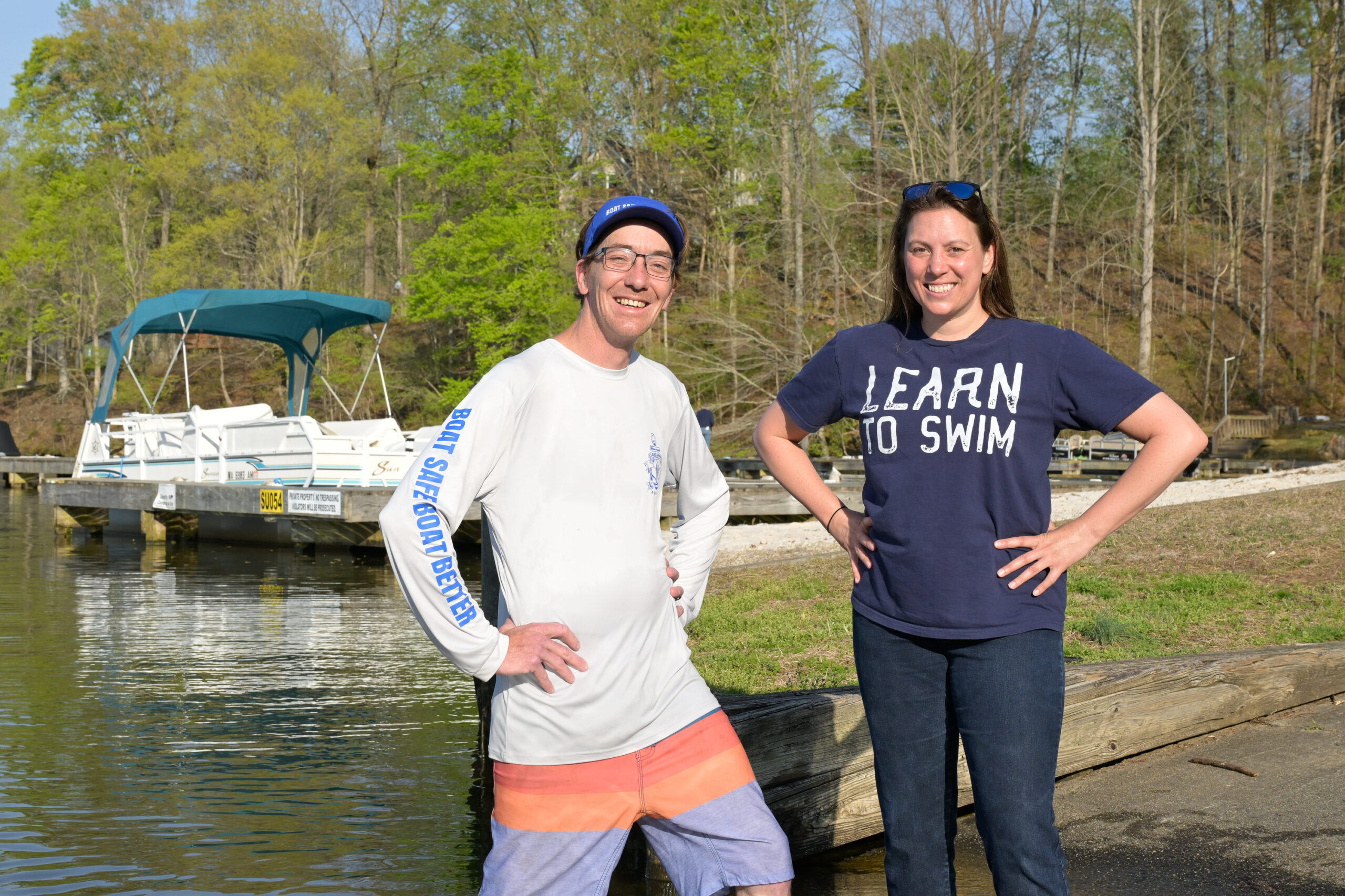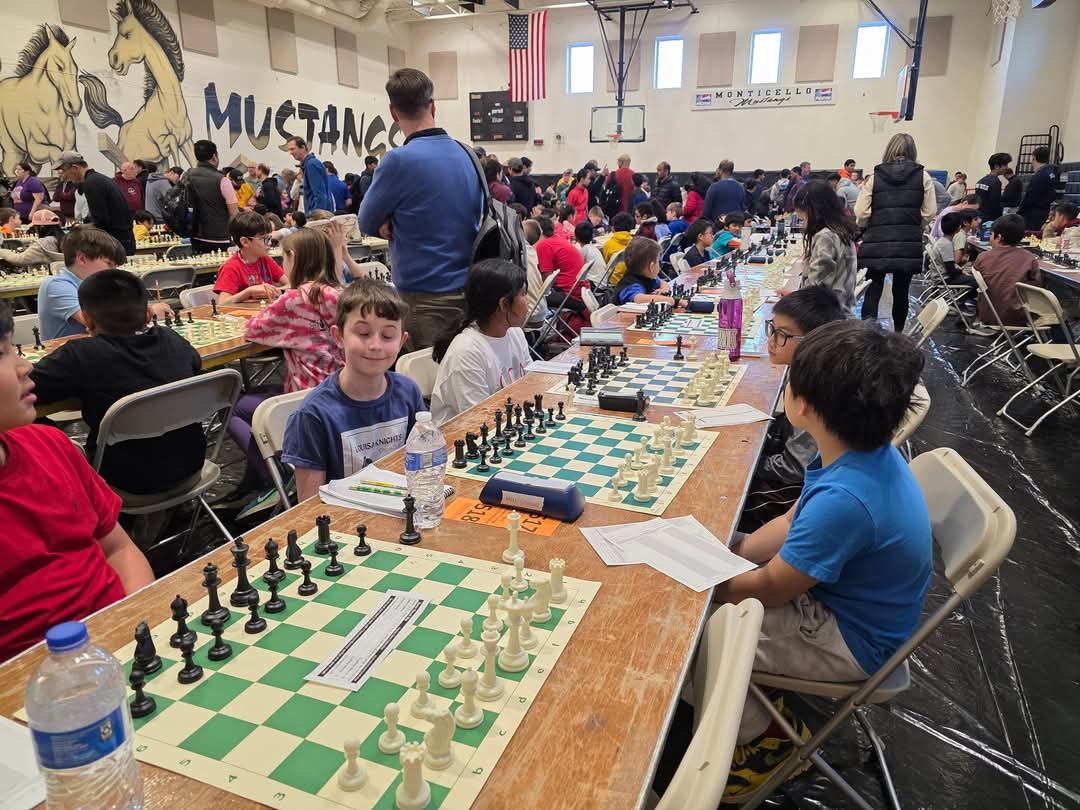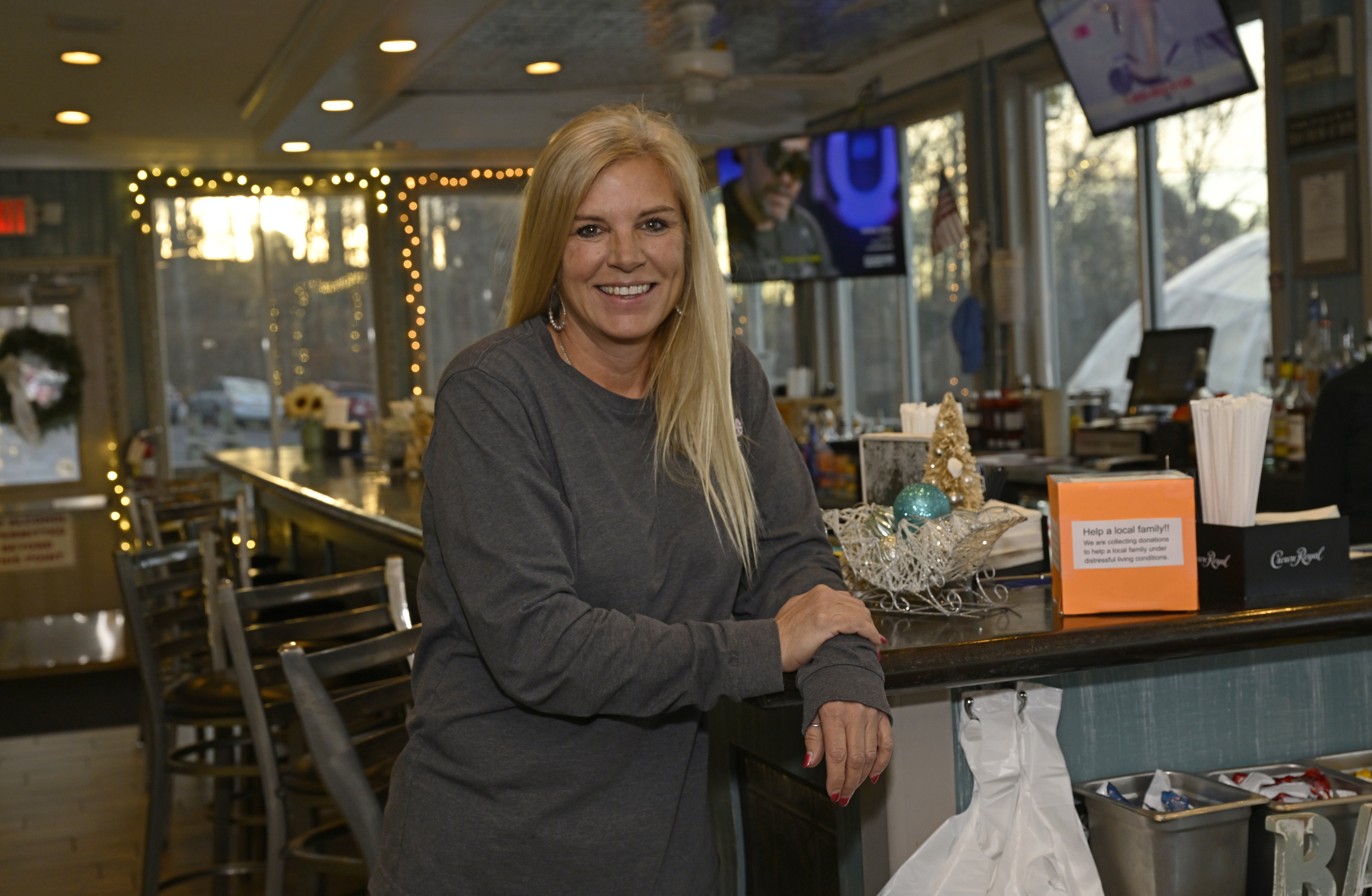![Featured image for “[The Lion’s Roar] Students Travel the Path to Collegiate Sports”](https://lakeanna.online/wp-content/uploads/2025/04/college.jpg)
By Tegan Moss, Student Guest Writer from Louisa County High School
Early games, late practices, and extra workouts all build up to the moment, the exact moment that athletes train their hardest for: the feeling of a victory, of proving that they made it. This rush of feel-good success after a game is chased as a hobby, or in many cases, a future in collegiate sports.
“I play for the LCHS Varsity Girls Tennis Team where I play exhibition matches,” sophomore Isabelle Austin says. “[In the future] I want to attend VCU and join their girls’ tennis team.”
This can be difficult to achieve, especially with increasingly competitive university requirements. More training is required to hit those marks which uses up invaluable time that one could be using to study or better one’s friendships.
“I train 5 days a week, 20-25 hours a week at Virginia International Gymnastics (VIGS) in Midlothian, Virginia,” senior Sydney Mullen says over email. “For my freshman, sophomore, and part of junior year, I left school early at 3:15 pm everyday to make it to practice. My gym is a little over an hour away, so I’m super grateful the admin allowed me to do that.”
In February of this year, Mullen was accepted into the University of Maryland with a full-ride athletic scholarship for her freshman year.
“[Starting sports as a freshman] will help get your name out there earlier, and that’s always a good thing,” college advisor Bryce Wilson says. “However, if you don’t start until your junior or senior year, don’t think it’s like, ‘I’m never gonna make it.’ If your goal is to make [a college team], and you didn’t have that dream until junior or senior year, you still have an opportunity. The earlier you start can be more beneficial in getting that name out there earlier, but it’s not going to be like the make or break.”
Effort is an obvious show of one’s attitude toward the sport. Putting oneself out there is a good step on the path to college. According to the University of Kansas, many skills are admired on the collegiate level. Personal flexibility, effective communication, and high emotional intelligence are vital skills for both on and off of the field. “[I’d advise athletes to] practice more than the days you’re with your team,” Austin states. “Really stick to it year round, take lessons if you’re really passionate, and don’t wait until your season again because then it’ll feel like you’re just starting all over again.”
Sometimes, though, athletes get discouraged after a loss or an injury. Some injuries, like a torn ligament or a broken bone, can take weeks or months to fully heal, putting that athlete on the sidelines while their teammates continue to play. The National Institute of Health advises athletes not to overexert themselves, especially after an injury, as to prevent future impairment.
“Yes, it is important to push through adversity, but it really is just a sport! My main goal in gymnastics is to have fun because I will only be a gymnast for around five more years,” Mullen wrote over email. “Everyone will have a career with a real job that will carry through their whole life. There is more to life than just the sport you play, and you are more than just an athlete!”

Hi! I’m Jennifer Bailey and I partner with entrepreneurs who have massive ideas that could change the world. Most marketing is meaningless. Filled with empty promises, its only job is to bring in new traffic, new leads, and new customers. But I’ve drawn a line in the sand, and I’ve learned that marketing can do so much more than reach business goals and build profit. My methods give businesses the fire and soul they need to reach the right people, set the groundwork for sustainable relationships, and offer true value to the people on both the giving and receiving ends of marketing.
Subscribe for Updates
Sponsors
latest articles
Better Boating Starts Here: New Academy Aims to Increase Safety, Lower Accidents

[Sponsored] Cold Floors and High Bills? Your Insulation Might be to Blame
![Featured image for “[Sponsored] Cold Floors and High Bills? Your Insulation Might be to Blame”](https://lakeanna.online/wp-content/uploads/2025/04/Blog-pic.png)
Beautiful and Bizarre Optical Wonders of the Sky

Bringing the Arts to All: Inside the Louisa Arts Center

[The Lion’s Roar] Welcome LCHS Student News Room!
![Featured image for “[The Lion’s Roar] Welcome LCHS Student News Room!”](https://lakeanna.online/wp-content/uploads/2025/04/IMG_9526-1-scaled.jpg)
[The Lion’s Roar] Teachers for Tomorrow Prepares Students for the Future
![Featured image for “[The Lion’s Roar] Teachers for Tomorrow Prepares Students for the Future”](https://lakeanna.online/wp-content/uploads/2025/04/tft.jpg)
By Tegan Moss, Student Guest Writer from Louisa County High School
Early games, late practices, and extra workouts all build up to the moment, the exact moment that athletes train their hardest for: the feeling of a victory, of proving that they made it. This rush of feel-good success after a game is chased as a hobby, or in many cases, a future in collegiate sports.
“I play for the LCHS Varsity Girls Tennis Team where I play exhibition matches,” sophomore Isabelle Austin says. “[In the future] I want to attend VCU and join their girls’ tennis team.”
This can be difficult to achieve, especially with increasingly competitive university requirements. More training is required to hit those marks which uses up invaluable time that one could be using to study or better one’s friendships.
“I train 5 days a week, 20-25 hours a week at Virginia International Gymnastics (VIGS) in Midlothian, Virginia,” senior Sydney Mullen says over email. “For my freshman, sophomore, and part of junior year, I left school early at 3:15 pm everyday to make it to practice. My gym is a little over an hour away, so I’m super grateful the admin allowed me to do that.”
In February of this year, Mullen was accepted into the University of Maryland with a full-ride athletic scholarship for her freshman year.
“[Starting sports as a freshman] will help get your name out there earlier, and that’s always a good thing,” college advisor Bryce Wilson says. “However, if you don’t start until your junior or senior year, don’t think it’s like, ‘I’m never gonna make it.’ If your goal is to make [a college team], and you didn’t have that dream until junior or senior year, you still have an opportunity. The earlier you start can be more beneficial in getting that name out there earlier, but it’s not going to be like the make or break.”
Effort is an obvious show of one’s attitude toward the sport. Putting oneself out there is a good step on the path to college. According to the University of Kansas, many skills are admired on the collegiate level. Personal flexibility, effective communication, and high emotional intelligence are vital skills for both on and off of the field. “[I’d advise athletes to] practice more than the days you’re with your team,” Austin states. “Really stick to it year round, take lessons if you’re really passionate, and don’t wait until your season again because then it’ll feel like you’re just starting all over again.”
Sometimes, though, athletes get discouraged after a loss or an injury. Some injuries, like a torn ligament or a broken bone, can take weeks or months to fully heal, putting that athlete on the sidelines while their teammates continue to play. The National Institute of Health advises athletes not to overexert themselves, especially after an injury, as to prevent future impairment.
“Yes, it is important to push through adversity, but it really is just a sport! My main goal in gymnastics is to have fun because I will only be a gymnast for around five more years,” Mullen wrote over email. “Everyone will have a career with a real job that will carry through their whole life. There is more to life than just the sport you play, and you are more than just an athlete!”

Hi! I’m Jennifer Bailey and I partner with entrepreneurs who have massive ideas that could change the world. Most marketing is meaningless. Filled with empty promises, its only job is to bring in new traffic, new leads, and new customers. But I’ve drawn a line in the sand, and I’ve learned that marketing can do so much more than reach business goals and build profit. My methods give businesses the fire and soul they need to reach the right people, set the groundwork for sustainable relationships, and offer true value to the people on both the giving and receiving ends of marketing.
Subscribe for Updates
Sponsors
latest articles
Better Boating Starts Here: New Academy Aims to Increase Safety, Lower Accidents

[Sponsored] Cold Floors and High Bills? Your Insulation Might be to Blame
![Featured image for “[Sponsored] Cold Floors and High Bills? Your Insulation Might be to Blame”](https://lakeanna.online/wp-content/uploads/2025/04/Blog-pic.png)
Beautiful and Bizarre Optical Wonders of the Sky

Bringing the Arts to All: Inside the Louisa Arts Center

[The Lion’s Roar] Welcome LCHS Student News Room!
![Featured image for “[The Lion’s Roar] Welcome LCHS Student News Room!”](https://lakeanna.online/wp-content/uploads/2025/04/IMG_9526-1-scaled.jpg)
[The Lion’s Roar] Teachers for Tomorrow Prepares Students for the Future
![Featured image for “[The Lion’s Roar] Teachers for Tomorrow Prepares Students for the Future”](https://lakeanna.online/wp-content/uploads/2025/04/tft.jpg)

Louisa Knights Checkmate Their Way to Success at State Tournament
Article By Jennifer Christian

Can Lake Anna Get Urgent Care? Why Medical Providers Say ‘No’
Article By Jen Bailey






